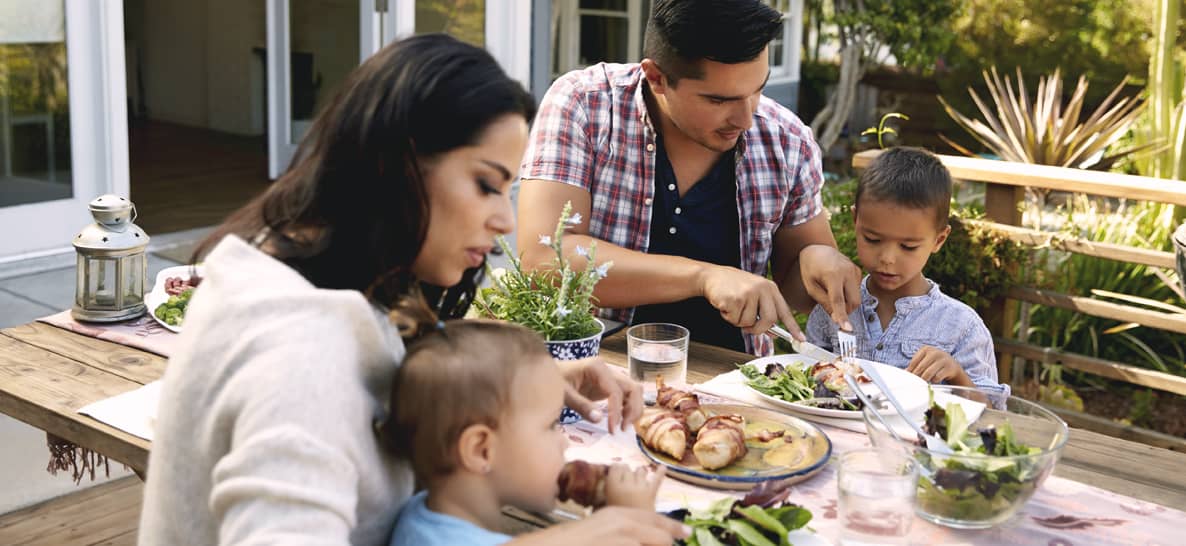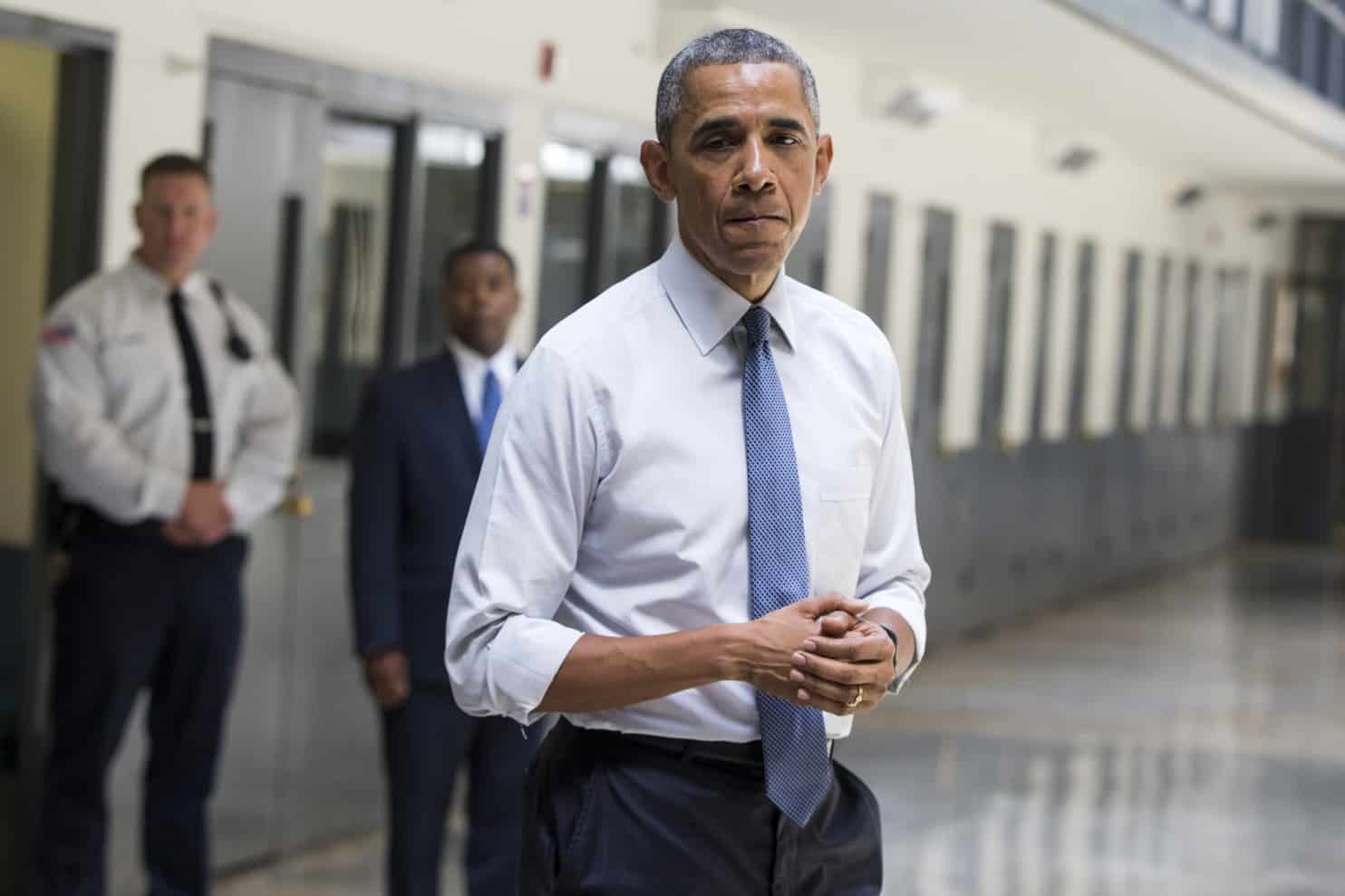
You might think this is the Thanksgiving to for sure not talk politics. After this election? Uh, I’m good.
I could easily write about how to just get through the holiday and avoid the minefield. Ask what people have been watching lately. Share what you’re grateful for. Talk about the food.
Those are good things to talk about—don’t get me wrong. Definitely bring up This is Us and compliment the sweet potatoes. But let’s not be afraid to have the more difficult conversations.
I actually think there’s no better time to talk politics. More people than ever are politically involved or interested, because it’s just been such an unusual election. And we’re fed up with the angry, polarized environment—we want to have real, productive conversations about these important matters.
But how do we do it?
I grew up on a South Dakota farm, attended a liberal arts college, spent a few months in Spain and a few years in Los Angeles, and now am back in the Midwest. I won’t bore you with my life details, but suffice it to say that I’ve been exposed to diverse ideas and perspectives. This made for some tumultuous and confusing twenty-something years, but I now see that I gained so much from living and talking with so many different people. Here are a few things I’ve learned.
Remember we’re all in this together.
It’s extraordinarily easy to get caught up in being “right” or “winning” an argument and forget our humanity. So it’s helpful to re-frame the conversation in your mind as what it is: people, together, seeking the truth. It’s not me vs. you, my view vs. your view. We’re on the same team (#teamhuman), trying to find answers and solutions the best possible ways we know how.
One trick I’ve found to promote productive conversations with others is by being generous with positive commentary. It works wonders to set a tone of respect and diffuse the “me vs. you” energy. Tell your dad you really liked his thoughts on tax distribution the last time you were talking. Mention to your brother that you read that article he posted and thought it was very well-written. Find something to compliment even if you think it’s small, it makes a big impact. (After all, Mark Twain said he could “live for two months on a good compliment.”)
Another way to help re-frame things with a “we’re in this together” spirit is to ask questions. You can ask general questions (“What is the current policy on that?”) for others to answer, and it’s also so helpful to ask others directly for their thoughts. The humility you show when deferring to the other person as an expert keeps the energy positive.
And after all, everyone is an expert—on their own worldview. I’m amazed at the diversity of how different people really see and experience life. It’s genuinely interesting. By being truly curious about how other people see things, I’ve learned a lot and had to re-check a lot of my assumptions.
Listening isn’t just being quiet.
Obviously, a key step in listening is not talking. But it’s not just that—it’s really taking in the other person’s ideas and responding accordingly.
So get quiet, and listen intentionally. Give short responses and find points of agreement where you can. I was talking about the election results with my neighbor just the other day, and she made many points in a row while I listened. As she was talking, I practiced this by saying things like: “I see what you’re saying.” “Yeah, that makes sense.” “I agree with that…” “Yes, for sure.”
Let the other person know you’re truly listening by responding to their ideas.
Be patient—your turn to talk will come. And when it does, you’ll be heard. People listen when they’ve been listened to. As my neighbor was talking, I was tempted here and there to jump in (“I don’t think that’s true” or “I think that’s an oversimplification”), but I didn’t. I was patient, and a few minutes later she asked me for my perspective. And afterward, she said, “Let’s keep talking about these things. I don’t talk to anyone around here about stuff like this. I’m glad we can have this conversation.”
Being (and staying) calm is key.
I’ve learned the importance of staying as emotionally even as much as you can. People don’t listen when they feel attacked or made to feel stupid, and nothing kills a conversation faster than defensiveness.
For example, I used to let the words people used get me riled up. (As a lover of language, this was a strong tendency.) But I’ve realized that people are just trying to express their ideas the best they can, and it’s best to give grace. Instead of getting caught up in less-than-ideal word choices, I’ve learned to stay calm and seek to understand the ideas underneath. This doesn’t mean you can’t have a conversation about words and their power, but jumping on someone for their use of a non-PC term as they’re talking is never helpful.
So be calm. And don’t just be calm—remain calm. This can take great effort, but I’ve been astounded at the strong effect it has. Angry or aggressive people often change their demeanor drastically when their anger and aggression isn’t met in return. My husband says “it’s physics.” For every action there’s an equal reaction, or something. I wouldn’t know; I’m a humanities person.
Be calm in your demeanor and stay that way, and you’ll keep the energy of the conversation positive and productive.
You can’t expect immediate results.
I used to think that if I can just explain this well enough, then people will be convinced of my position. If I didn’t change their minds, then I needed to work on my evidence or my rhetorical skills. And even as I started to let go of that rigid thinking, I still clung to the idea that I’d see some sort of evidence of a changed mind in real time as it unfolded. Well, I’ve learned it doesn’t quite work that way.
Conversations absolutely do impact people’s views—we just don’t see the change in the moment. No one at the table is gonna proclaim, “You know, in light of this conversation, I think I’ve changed my mind!” It takes reflection and stepping back to adjust our thinking; I know this from experience. So I’ve learned to let go of the desire to see results and do the work anyway.
Real change is slow.
None of this is easy, but the cliché is true: we need to be the change we want to see. If we want others to have open minds, we need to have open minds. If we want others to listen, we need to listen. If we want civil conversation, we need to be civil conversationalists. We have to model ourselves what we want to see from others.
Rob Bell defines politics as “how we arrange our shared life together.” It’s true—that’s all it really is. We all want things to be better. We’re all in this together.
Now, let’s talk about it.























